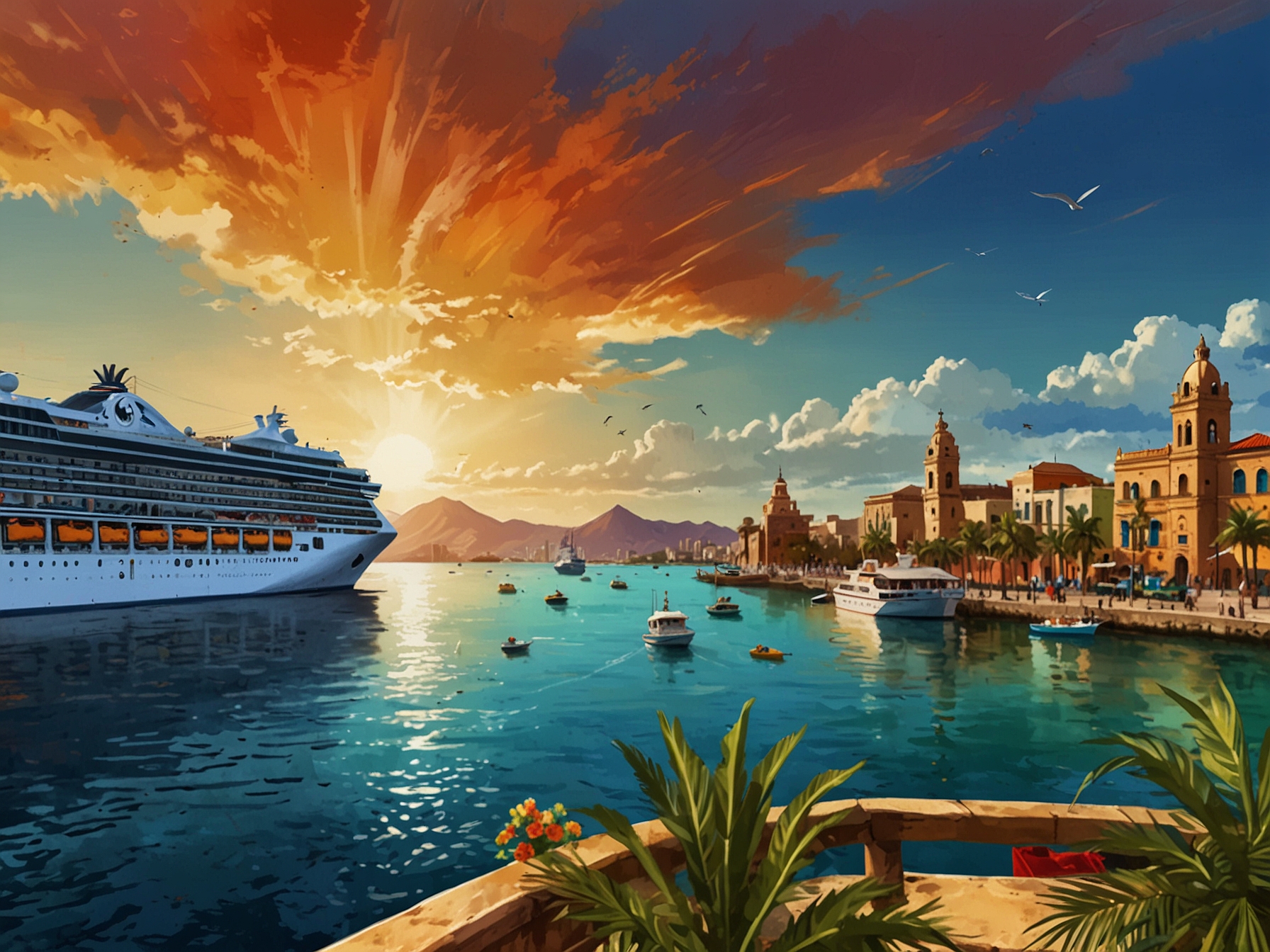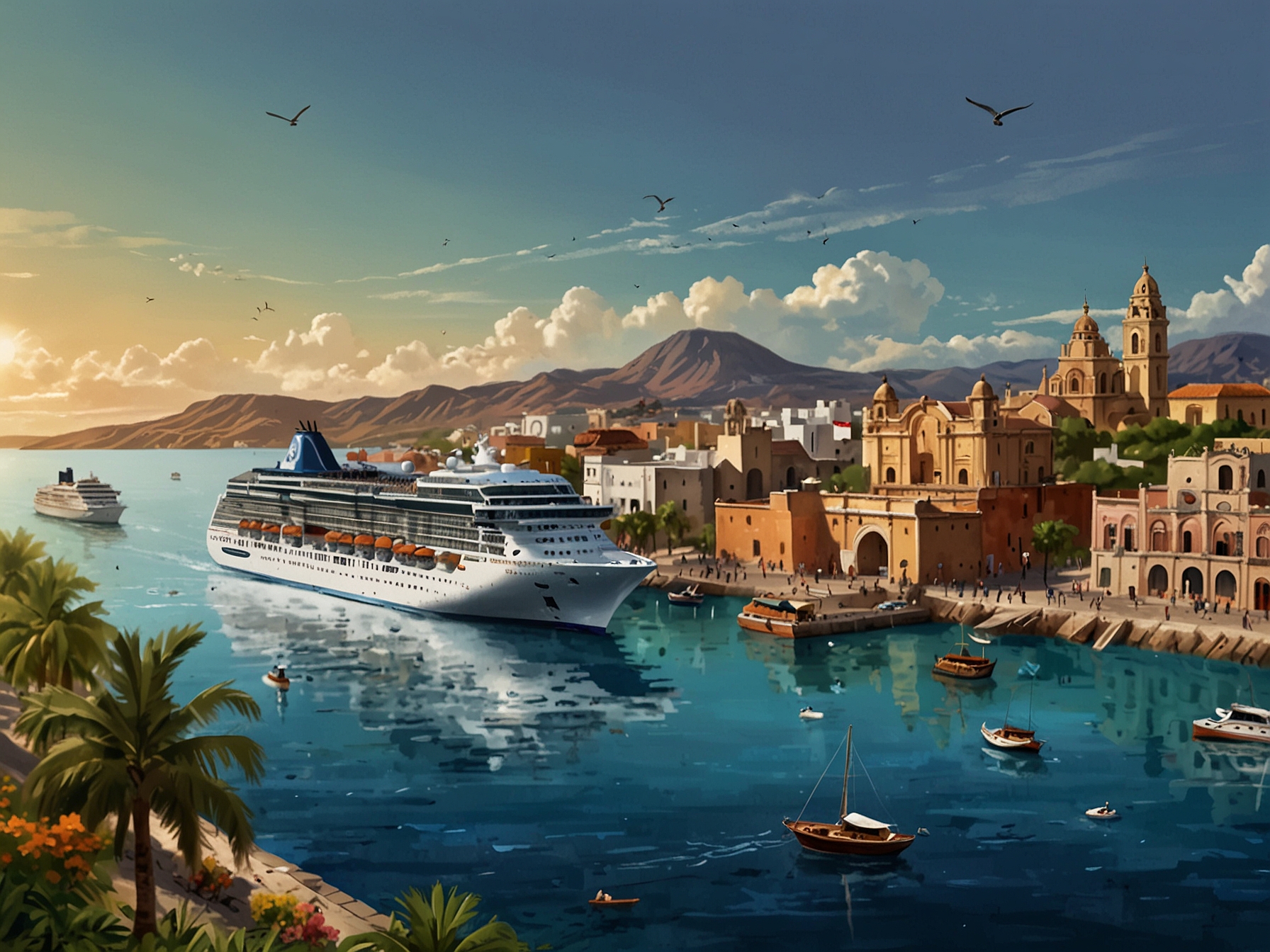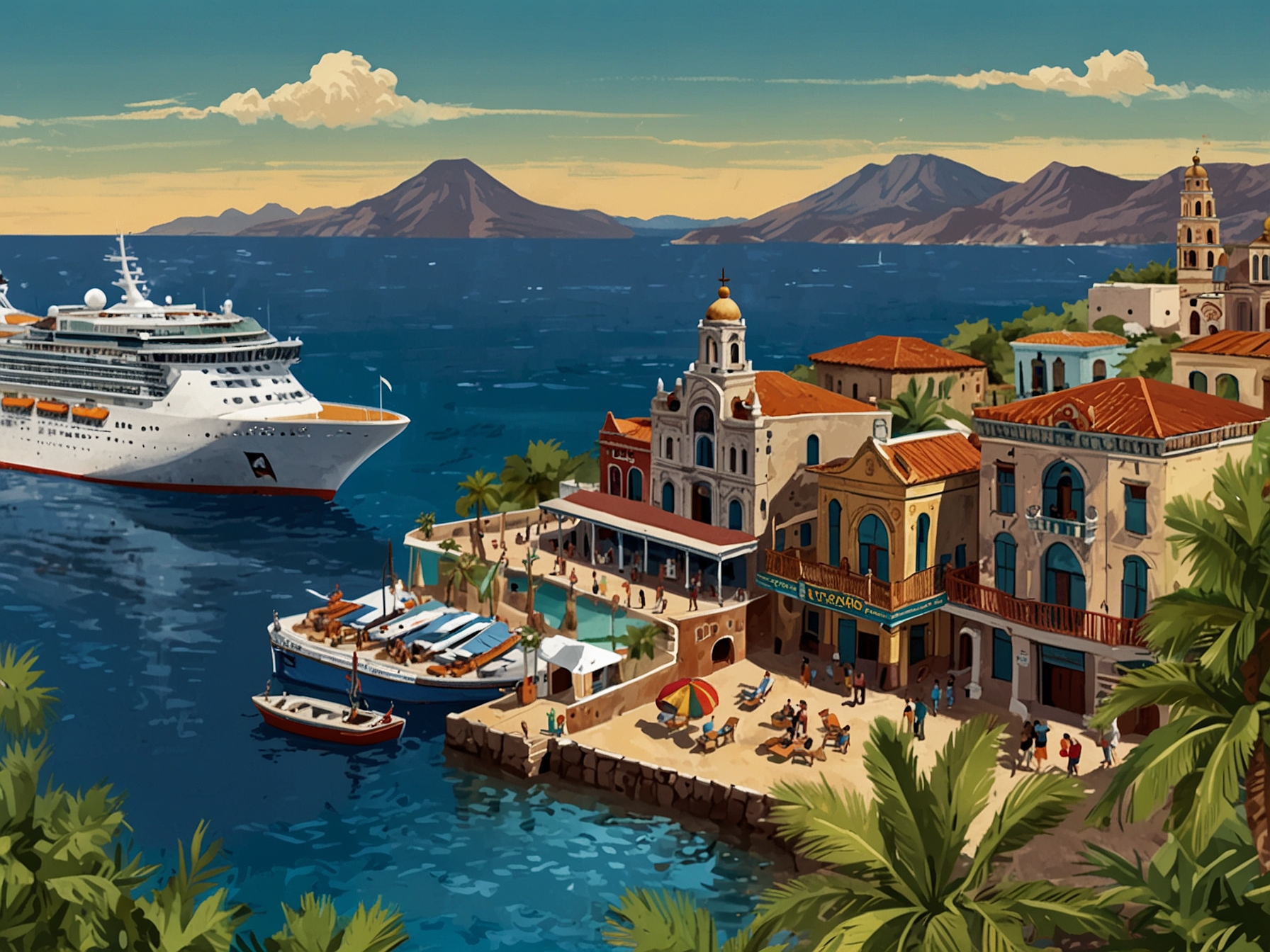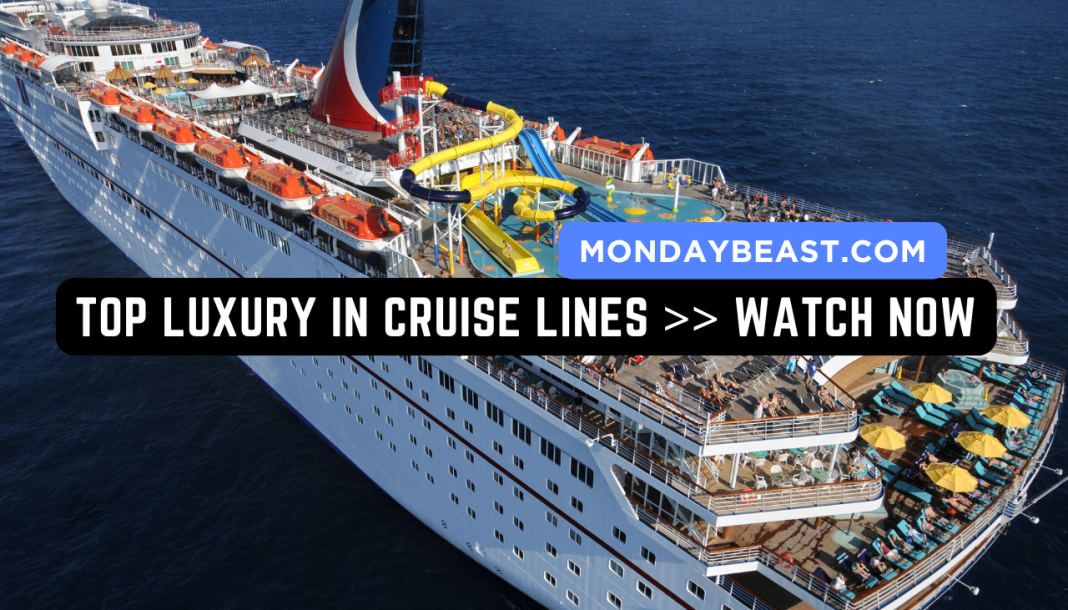Mexico is a dream destination for many travelers. The idea of sailing into picturesque ports, enjoying the sun, and savoring authentic cuisine makes it tempting. Yet, looming challenges can reshape this idyllic vision. Recent discussions around a proposed immigration fee may signal significant changes ahead.

The tax, estimated at $42 per person, is not merely a number. This fee poses challenges for cruise companies and travelers alike. The Florida Caribbean Cruise Association (FCCA), representing key cruise lines, is deeply concerned. They argue that these costs could alter many travelers’ itineraries. With over 10 million planned cruise visitors in 2025, the stakes are high.
Imagine waiting for your cruise, excited to visit Cozumel or Cabo San Lucas. Then, the news breaks—you now face an extra fee. That unforeseen expense can irk many. The FCCA’s recent letter suggests that this fee could discourage many from choosing Mexican ports. Travelers often seek the best deals, and any additional costs can lead them to alternative spots.

The implications are far-reaching. Cities that rely on these cruise visitors could face dire economic consequences. Ensenada, Costa Maya, and more have established themselves as must-visit destinations. The cruise industry plays a critical role in these locales, contributing to their economy significantly. If cruise lines adjust their itineraries due to the proposed fee, local businesses could see less foot traffic.
Consider the impact on small businesses and local vendors. Many thrive on the influx of cruise passengers. They hire locals and invest in their communities. Would these livelihoods be compromised? It’s not just a theoretical question; it has real-world implications.

The FCCA has set forth a passionate plea to Mexican President Claudia Sheinbaum to reconsider implementing this tax. Cruise lines like Carnival and Royal Caribbean are already contemplating changing routes, which could leave iconic ports out of the picture. It’s not just about cutting costs; reducing port traffic could ultimately lead to job losses.
An even more pressing concern lies within the nature of investments being made in Mexico. The cruise industry has seen a surge in commitments, promising to develop infrastructure and enhance tourist experiences. Royal Caribbean’s upcoming ‘Perfect Day Mexico’ destination aims to attract even more visitors. If the fee becomes a reality, could those ambitious projects be jeopardized? What about the potential for lost jobs?
Travelers should also stay informed. If you plan on cruising to Mexico in the next few years, it’s best to stay updated on these developments. The beachside getaway could look different than initially expected.
Would you opt for a different destination to save on fees? These decisions affect not just the cruise lines and travelers but also the communities along the coastline. In the end, everyone wants an enjoyable vacation. The impending tax raises questions about the path forward.
As cruise enthusiasts keep their fingers crossed for favorable changes, local businesses and cruise lines alike hold their breath. It’s a precarious time, with more than just money at stake—it’s about lives and livelihoods. As this story unfolds, one must wonder how many would choose other adventures if Mexico’s shores become less accessible.




